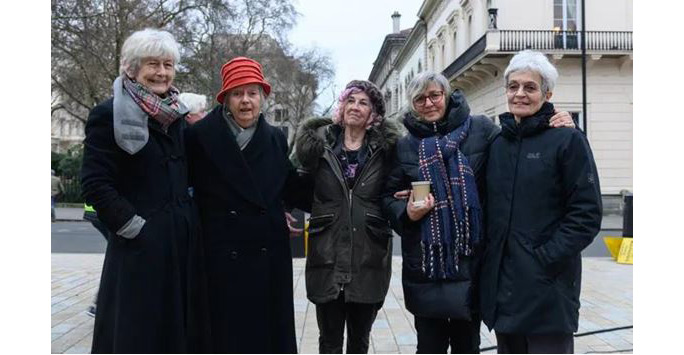
Protests Against the Miss World Contest, 1970
Why did the women protest against the Miss World contest? How can we use historical sources to examine these events? PhD student Kerrie McGiveron discusses these questions within this online outreach workshop for schools.
To continue discussing this topic with your class try using the below tasks as class discussion exercises. You can also download the Protests against Miss World worksheet.
Task 1:
Discuss the video that you have just watched and try to answer the below questions:
- Why did the women protest against the Miss World contest?
- What did they do?
- What were the consequences of their actions?
- What is the historical significance of the protest?
- How can we use historical sources to examine these events?
Task 2:
Using the resources within the Protests against Miss World worksheet, try to answer the following questions:
- Take a look at the photographs of the Miss World protests. What can they tell us about the event?
- What are the limitations of these photographs, or what do they not tell us?
- Look at the photo of the pamphlet from the Miss World Protests in the worksheet. Using this and the other sources, what do you think they are angry about?
- Look at the newspaper articles in the worksheet. In what ways are newspaper articles useful to tell us what happened?
- What are the limitations of newspaper reports?
The women involved in the protests were arrested and imprisoned overnight. They represented themselves in court and were released soon after. All of the women continued to be active campaigning for women’s rights.
From left, protesters: Sue Finch, Sarah Wilson, Jo Robinson, Jenny Fortune and Jane Grant. Photograph: Parisa Taghizadeh
The excerpts below are first-hand accounts from: S. Finch, J. Fortune, J. Grant, J. Robinson, S Wilson, Misbehaving: Stories of Protests Against the Miss World Contest and the Beauty Industry, (Merlin Press Ltd: London 2020):
Angie Shrubsole-Brett on the protests:
I’m proud to have played a small part in this creative, colourful, political demonstration. It was a genius idea and incredibly well planned. I believe the whole episode played a significant part in the history of the Women’s Liberation Movement – and for that we can be rightly proud.
Jenny Fortune on the first Women’s Liberation Conference:
The confidence and shining exuberance of the speakers and all the women at the conference made me feel that I was entering a brave new world.
- How can first-hand accounts help us to understand the events?
- In what ways might these types of sources be problematic?
